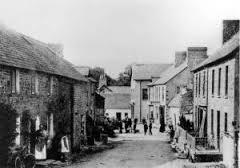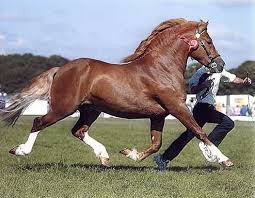It is really important that you understand the Wales that R S Thomas writes about.
It is a country seeped in myth and legend, with an ancient and superstitious Celtic culture at its roots. Wales was one of the last conquests of the Romans, who brought Christianity to the principality.

Later Wales played a vital role in the Industrial Revolution, with a huge migration of workers coming from all over England and beyond – eventually leading to the Anglicisation of the whole country, including the demise of the Welsh language.
From the time of the Tutors, the Welsh have worked and fought alongside the English in the development of the British Empire but has invariably remained one of the poorest areas by comparison.
Throughout its history, despite the relatively wealthy years at the peak of the Industrial Revolution, when ports in South Wales were some of the most important as well as busiest in the world, the back bone of Wales has remained the Welsh hill farmer, from the heads of the valleys in South Wales through Mid and West Wales to the mines in the north. These farmers live and survive on some of the roughest and poorest land in Britain, breeding the local Kerry Hill and Beulah Speckled Face sheep to produce the world famous Welsh lamb.

These farmers are reknown for having little respect for education and in deed, any other form of modernisation.
R S Thomas has immortalised the Welsh hill farmer in a series of poems about imaginary characters constructed to explore and describe the nature of both the people and their lives during the first half of the twentieth century.
http://www.bbc.co.uk/wales/history/sites/themes/guide.shtml
One of the most famous figures in Welsh history remains the legend of King Arthur. Modern historians have explored a number of theories to try to establish the facts from the myths – from the most recent thinking that he was in fact a Roman who remained behind to protect his ‘new people’ from the Picts and the Irish, to the English claim that he was from Cornwall. Most ‘English’ material refers to him as ‘King of the Britons’ – referring to the native population as the Roman Empire declined and withdrew their military presence from all over Europe.
However, most Welsh history still places Arthur Pendragon as a key figure, and claims right to the original legend.
*Although many historians will share ‘facts’ – dates and so on, ‘history’ is still essentially a ‘story’ – open to interpretation and uncertainty, especially the further back we go. You should always investigate more than one historical perspective before presenting historical information, and certainly give the sources and historian as you would any material which relies on the interpretation of ‘facts’ !
